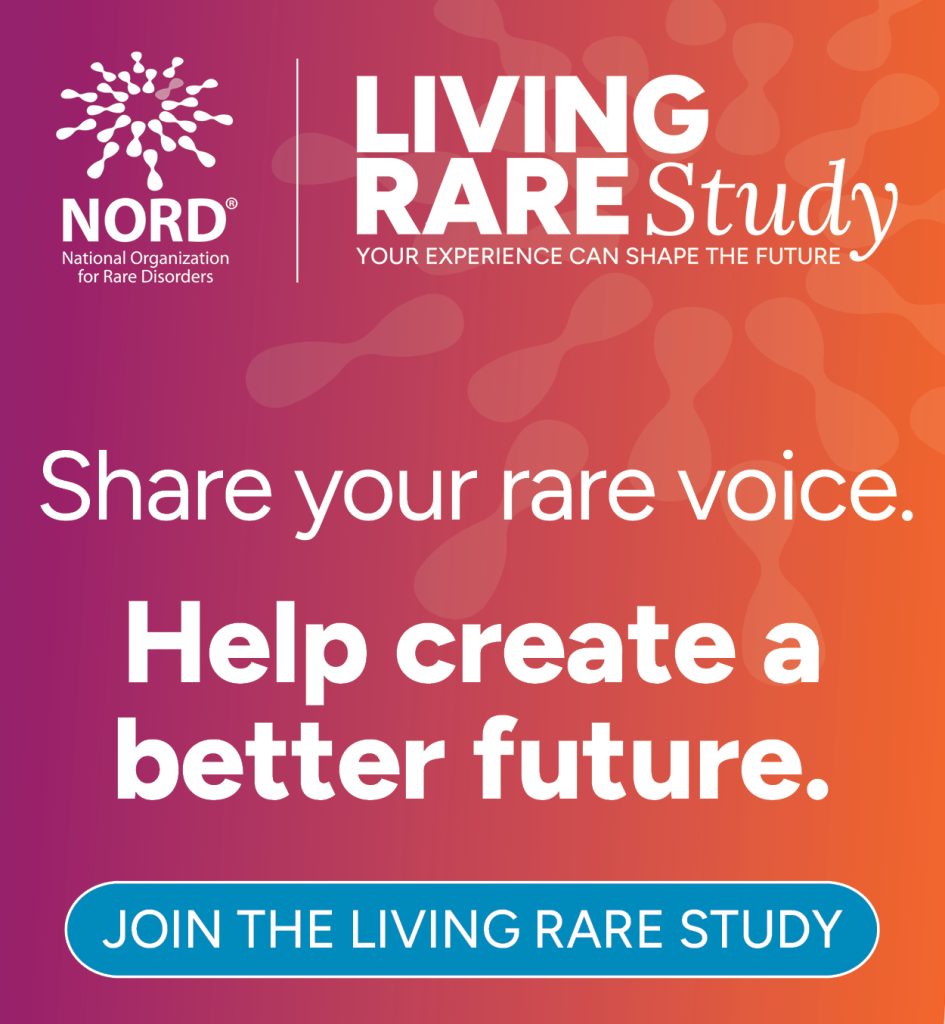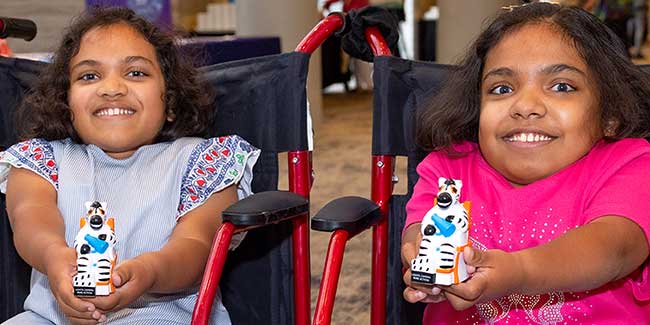More than Half of U.S. States Now Solicit Input of State Rare Disease Advisory Councils to Inform Local Health Policies
May 3, 2023, Annapolis, MD – Today, patients and families in Maryland’s rare disease community celebrated the passage of Senate Bill 188 (SB 188)/House Bill 302 (HB 302), which officially establishes a Rare Disease Advisory Council (RDAC) in their state. This makes Maryland the 26th state to establish an RDAC since 2015, when the first Council was established in North Carolina. The National Organization for Rare Disorders (NORD) publishes an annual State Report Card that tracks, among other things, the establishment of RDACs nationwide; last year, four states signed RDAC legislation into law. The addition of Maryland marks the passing of a critical threshold, with more than half of states now having established Rare Disease Advisory Councils to better support their state’s rare disease community.
The Maryland RDAC will be made up of a diverse group of rare disease stakeholders including patients, caregivers, researchers, and health care providers. Their expertise will be an asset to the entire state, creating a platform to educate the public, state agencies, and the General Assembly about rare diseases and to make policy recommendations that improve patient access to critical health care services.
“I’m grateful the Governor signed this important bill, which will help ensure a stronger and more coordinated support of resources for Marylanders living with rare diseases. The new Council is a significant step forward to strategically bring together state resources to identify and address barriers that prevent individuals with rare diseases from accessing the care and resources they need to preserve and improve their health,” stated Senator Clarence Lam.
“Today marks an important milestone in Maryland’s efforts to support individuals and families affected by rare diseases. I was pleased to champion this law, which takes a collaborative approach to enhancing the quality of life for those with rare diseases and is dedicated to establishing a brighter future for this community,” added, Delegate Emily Shetty
“Thank you to Senator Clarence Lam and Delegate Emily Shetty for championing this legislation to help make a difference for the one in ten Marylanders currently living with a rare disease,” said Heidi Ross, Vice President, Policy and Regulatory Affairs, National Organization for Rare Disorders. “This RDAC will bring together important stakeholders across the rare disease community to advocate for meaningful policy change in Maryland.”
The National Organization for Rare Disorders (NORD®) established Project RDAC in 2020 to increase the number of Rare Disease Advisory Councils across the country and help optimize existing councils. For more information on Project RDAC, visit rarediseases.org/projectrdac/. To learn more about NORD’s policy work, visit rarediseases.org/driving-policy/.
Rare Disease Facts and Impact:
- It’s estimated that 25 – 30 million Americans have a rare disease. (Source)
- Half of individuals with a rare disease are children, and of those one in three will die before their fifth birthday. (Sources here and here)
- An accurate diagnosis can take more than four years. (Source)
- Patients with rare diseases face medical costs that are three to five times higher than people with non-rare diseases. (Source)
- Patients with rare disease incur nearly half of all hospital costs in the U.S. (Source)
###
About the National Organization for Rare Disorders (NORD)
With a 40-year history of advancing care, treatments and policy, the National Organization for Rare Disorders (NORD) is the leading and longest-standing patient advocacy group for the more than 25 million Americans living with a rare disease. NORD, a 501(c)(3) nonprofit, is dedicated to individuals with rare diseases and the organizations that serve them. NORD, along with its more than 350 patient organization members, is committed to improving the health and well-being of people with rare diseases by driving advances in care, research and policy.




